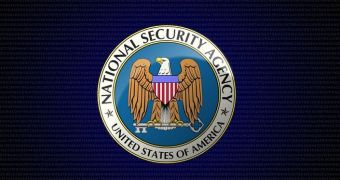The USA Freedom Act is getting closer to becoming a reality as the House Judiciary Committee in the United States is set to begin markup procedures on Wednesday.
The bill is Jim Sensenbrenner’s way to help mend a legal loophole found in the Patriot Act which the NSA has been using to justify its own mass surveillance practices.
The Patriot Act creator has been getting a lot of support from the tech community and from privacy advocates from around the world since the bill would basically put a stop to a lot of NSA’s programs. There’s also the fact that there’s an alternative to this bill currently in the House Intelligence Committee, which doesn’t really achieve the same level of protection for Internet users and people have been favoring this version rather than the other one.
The USA Freedom Act, on the other side, has plenty of support, including from Mozilla, Reddit, DropBox, the Electronic Frontier Foundation, and the ACLU, which have all signed a letter to show their support.
The bill seeks to end bulk data collection by limiting programs like PRISM and the metadata collection one, which both retain data pertaining to American citizens. This would happen by amending Section 215 of the Patriot Act in such a manner that would guarantee that any phone records obtained by the government were essential to an investigation involving terrorism or espionage. The US government would still retain the right to claim “emergency authority” to use Section 215 for tangible issues.
Furthermore, the bill mentions several reforms such as for the FISA business records, the FISA pen register and trap and trace device, FISA acquisitions targeting people outside the United States, and the National Security Letters, to name just a few. It also adds a new layer of transparency to the intelligence agency’s actions.
Sensenbrenner has complained over the past months that this was never the purpose of the Patriot Act, a document that has already been criticized since 9/11 and characterized as unconstitutional.
The Freedom Act has the support of over 140 house members and dozens of organizations and there’s also a mirror bill going through the Senate, sponsored by Patrick Leahy, chairman of the Senate Judiciary Committee.
Even so, there’s no guarantee that the bill will ever become law, but there’s hope that lawmakers will finally make the right decision, nearly a year after the NSA’s programs were exposed.

 14 DAY TRIAL //
14 DAY TRIAL //